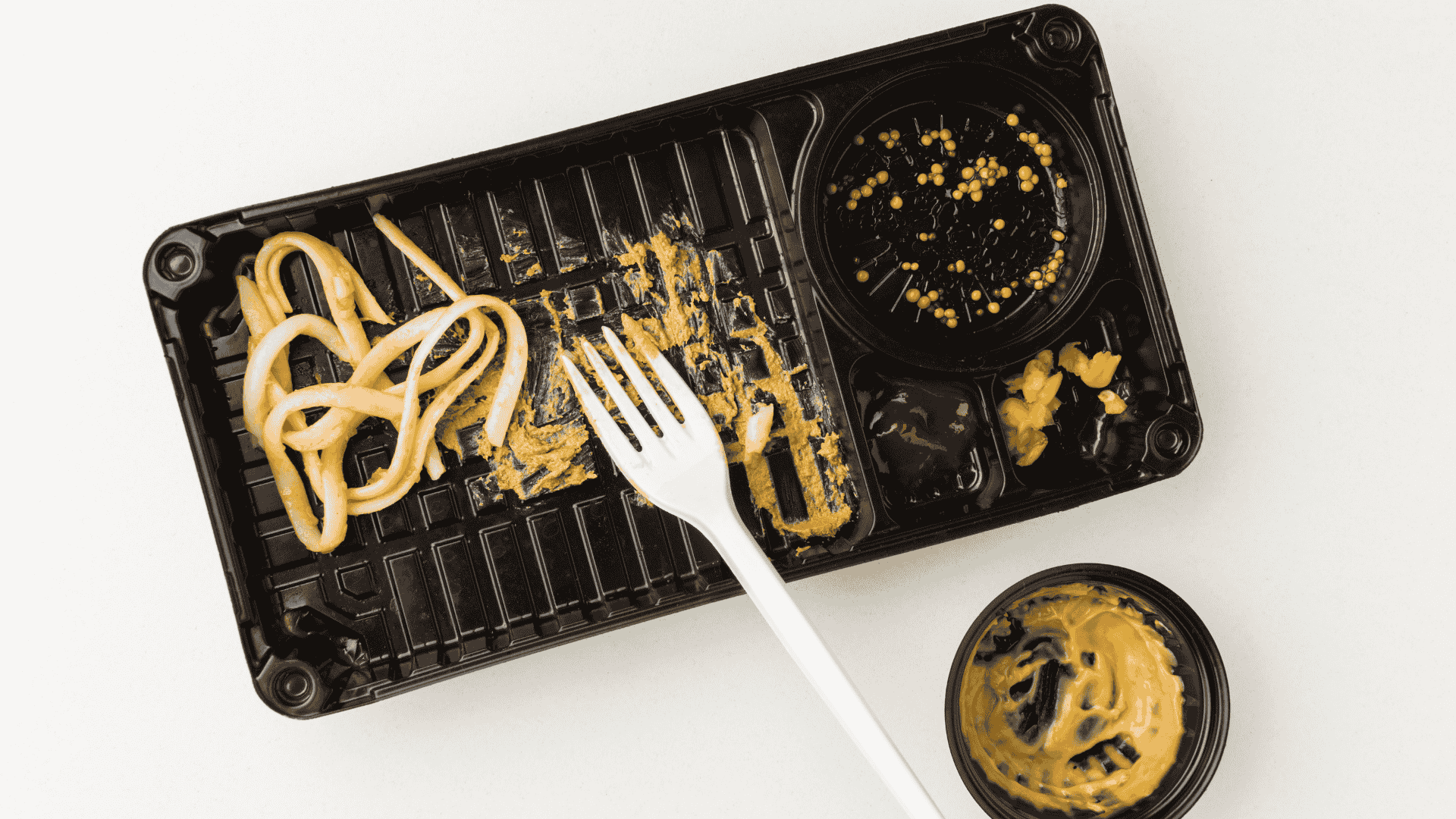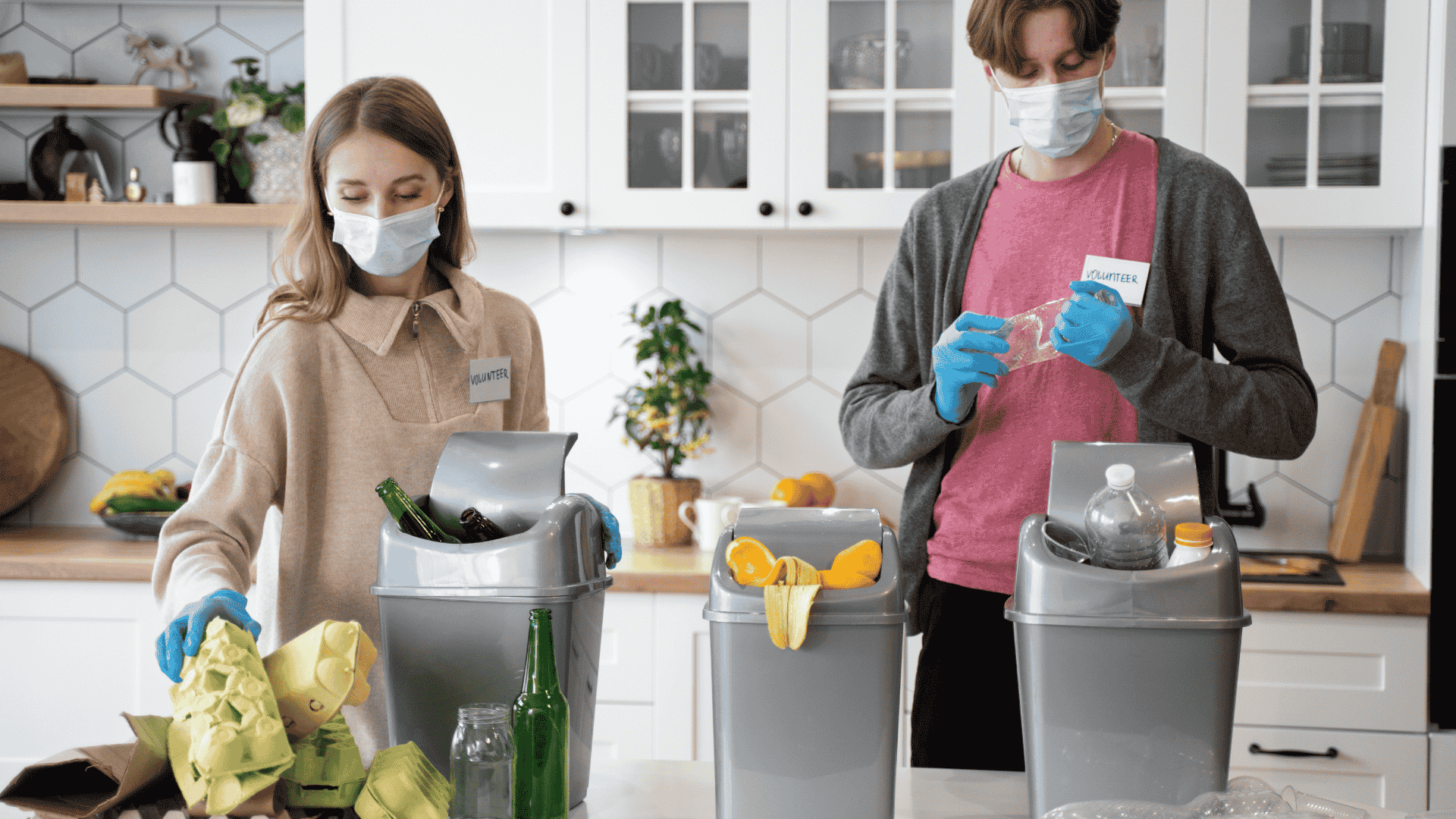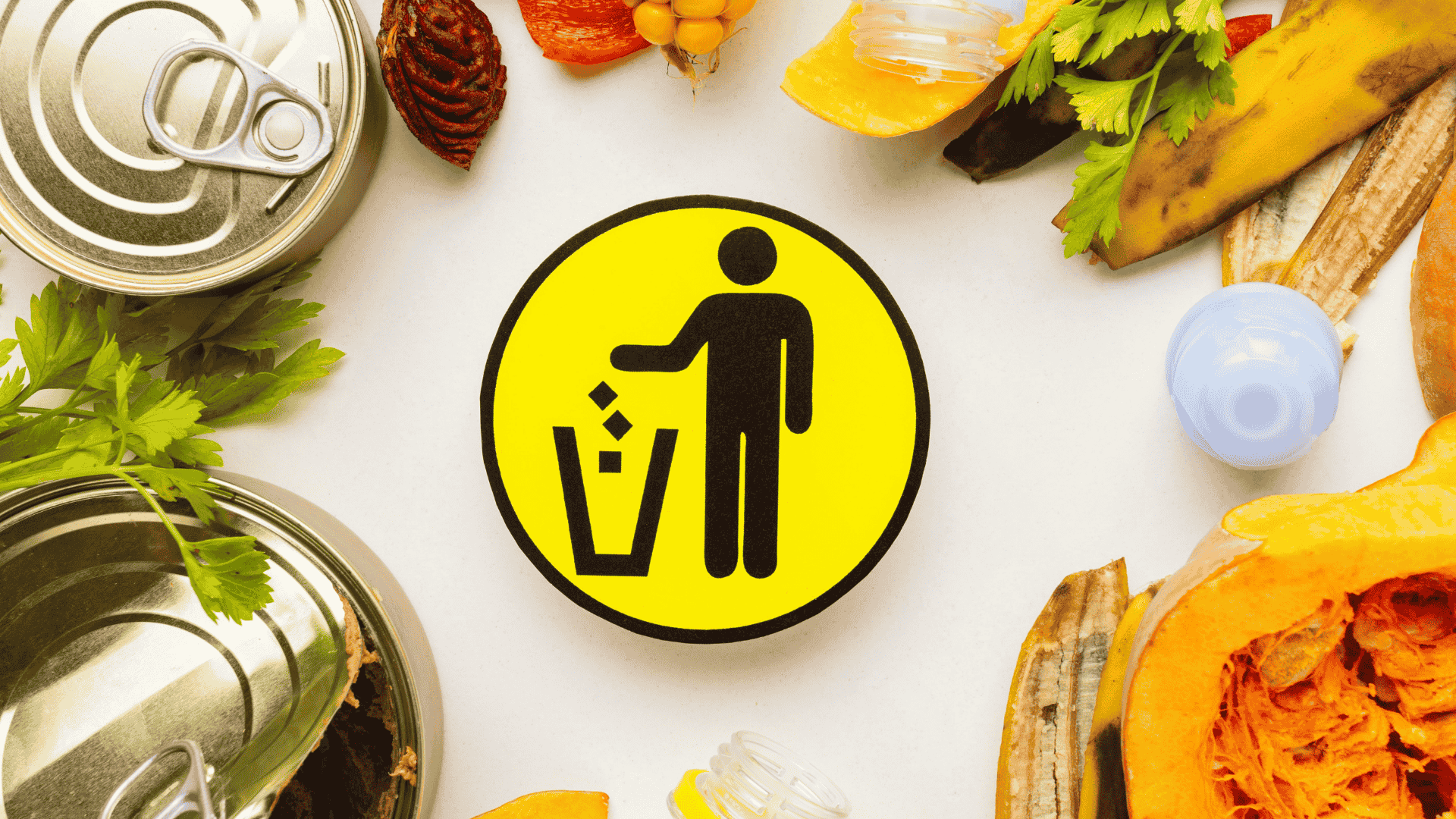Reduce Restaurant Food Waste in the UK: Stats, Causes & Top Tips
- Home
- Blog
Just picture this imagination. Your kitchen in your restaurant is busy with customers, everything is perfect, customers look happy, and business is growing. But suddenly, you notice a pile of bags filled with untouched food in the bin.
Isn’t it annoying? But this isn’t just an imagination; it’s a negative reality. Houses and restaurants often waste money, time, and effort. If we discuss the numbers, they are shocking: Every year, people discard 199,100 tonnes of food, resulting in a cost of around £682 million.
However, the demand for food has changed significantly. Costs are high now, and with rules like the 2025 PEPR scheme, restaurant owners can no longer waste food like they did before. Customers are now becoming eco-friendly, sensitive, and aware of the after-effects, so it is time to reduce restaurant food waste UK.
If you are facing the same problem and looking for solutions, UK Waste Consultancy is the expert for food waste recycling and commercial waste collection.
The Scale of Restaurant Food Waste in the UK

When it comes to the hospitality industry, reduce restaurant food waste UK has become a real challenge. Let’s look at the restaurant food waste statistics in the UK. In this context, the restaurant alone generates 199,100 tonnes of food waste, which is valued at £682 million. UK hospitality generates 1.1 million tonnes of food waste each year.
Let’s examine the breakdown of food waste percentages. 45% is generated by peels, offcuts, and trimmings during the preparation of food. 34% is generated when customers leave the food uneaten due to plate waste. 21% is typically spoilage, which includes expired stock or is due to poor storage.
Non-food waste numbers are also shocking. 200,000 tonnes of glass and 3 million tonnes of packaging waste are generated.
If we consider the outlets of individuals, the costs range from £10,000 to £50,000 each year.
It is truly time to conduct a realistic waste audit with companies like UK Waste Consultancy, which can help identify all potential savings and reduce restaurant food waste UK.
It is not just important for saving money, but it is also important for the environment. It is not just hurting the profits; it is more than that. It contributes to around 36 million tonnes of carbon dioxide emissions annually. But shockingly, only 54% of businesses take part in recycling food waste.
Why Restaurants Waste Food

After reviewing all the statistics, you might be wondering what the real solution is to reduce restaurant food waste UK. How can these food waste numbers be reduced? So, to look for a better solution, we have to see what the causes are first.
Overproduction tops when we talk about the causes. On busy days, too much food preparation leads to food wastage.
Customers over-order the food regardless of whether they can finish it or not. What is the result? Just a waste of money and food both.
An example of wrong consumer behaviour is that around 17% of several meals are not finished but are left uneaten.
A whole lot of peel waste is generated in the form of peels, bones, and trimmings. This really contributes to high volume in the kitchens.
Unnecessary food spoilage can also result from poor storage practices or handling.
TIP: By booking a free site survey with UK Waste Consultancy, you can identify the areas where your biggest food waste issues occur.
Economic and Environmental Impacts
When so many awareness programs are running, people are more aware of what impact climate change and water loss can have. But what people are less aware of is that their food waste is contributing to it in large amounts. To reduce restaurant food waste UK is our moral responsibility. While reducing costs is important, it is equally vital to consider the sustainable impact that food waste reduction can have on our planet.
Food waste collection London contributes to enormous economic losses for businesses. Rising landfills due to food wastage only result in paying more for it. The sector loses £3.2 billion annually. Some businesses pay up to £50,000 a year in landfill costs. So, the initiative to reduce restaurant food waste UK should be the utmost priority.
If we talk about what environmental damage the food waste can have, the list is long. It generates methane gas, which is far more harmful than carbon dioxide and contributes to 8–10% of greenhouse gas emissions. Wasted food shockingly equals the water from 216,000 Olympic swimming pools. Moreover, it attracts pests that also disturb the local ecosystem.
Every country, including the UK, strives to meet its sustainability goals, yet these goals remain unfulfilled due to poor management and rising food waste. This is also the reason to reduce restaurant food waste UK.
8 Proven Strategies to Reduce Food Waste

Issues arise, savings are not achieved, and there are adverse effects on the environment. These problems and their causes are well understood. But you must be thinking now, is there any solution to it? Yes, the good news is that solutions do exist. There are many practical ways to reduce restaurant food waste UK, which, if followed, can cut down waste, saving both money and the environment.
- Start with proper storage methods. Adapt ideas like “first in, first out” (FIFO) and label them. This procedure helps in reducing spoilage.
- Plan the dishes such that they can be used in multiple recipes, like adding seasonal ingredients.
- If you run a restaurant, each member’s contribution matters. Teach your team members about waste-reducing impacts and what prep techniques they can adapt. Reward them with bonuses if possible.
- Offering doggy bags and introducing the concept of sustainability related to food waste can increase customer awareness. Offer doggy bags and promote sustainability through personalised menu options.
- Providing serving options in small sections can help save the money of customers as well as reduce plate waste.
- To avoid overordering tools, something like stock tracking can be used.
- Food waste can be fantastic compost waste used in fertilisers. Try storing for that purpose.
- Partnering with food banks or apps like “Too Good To Go” can really contribute to saving money and help reduce food wastage. It helps in purchasing the surplus, unsold food at a cheaper price.
- Recycling 50% of waste can save up to £500 per year on landfill taxes. Learn more about our food recycling services today to discover how much you can save with us.
UK Initiatives and Regulations
The UK government and industry are working together to reduce waste.
UK Food and Drink Pact: Target of 50% reduction by 2030.
Guardians of Grub: Free tools to help restaurants target, measure, and act.
Regulations: The 2011 Waste Regulations and the upcoming 2025 PEPR require strict waste separation to reduce restaurant food waste UK. Strict fines are applicable for £300 or more.
Conclusion
To reduce restaurant food waste Uk is not just important for saving money; it also protects our environment. By adopting this approach, your brand can become recognised for taking significant steps to reduce food waste. That will create a value for you in the long run, gaining and attracting more customers.
At UK Waste Consultancy, we are here available for you to join this journey together. We help restaurants save money, achieve compliance and reduce food waste smartly. Whether it is commercial waste collection or food waste recycling, we provide effective solutions that are in your pocket.
Request a free quote today and take your first step towards a cleaner, greener future.
